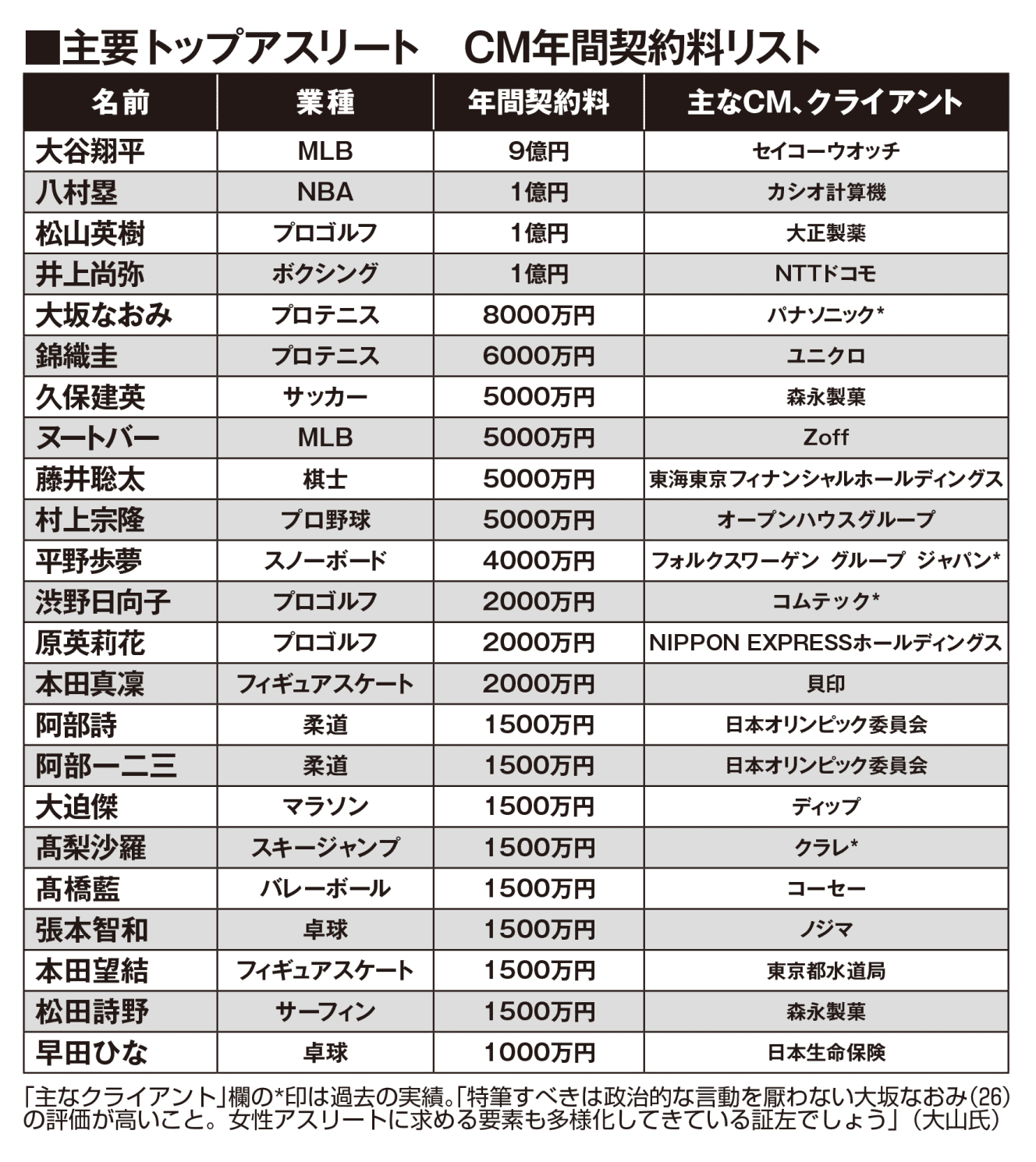Get the ″Maleclassified Material″! The latest list of “100 Prices” of popular talents and athletes’ latest commercials!
Shohei Otani's "out of standard" price, Hitoshi Matsumoto's "unmeasurable", and other celebrities who have improved their reputation, the former Johnny's, and this year's "Queen"?
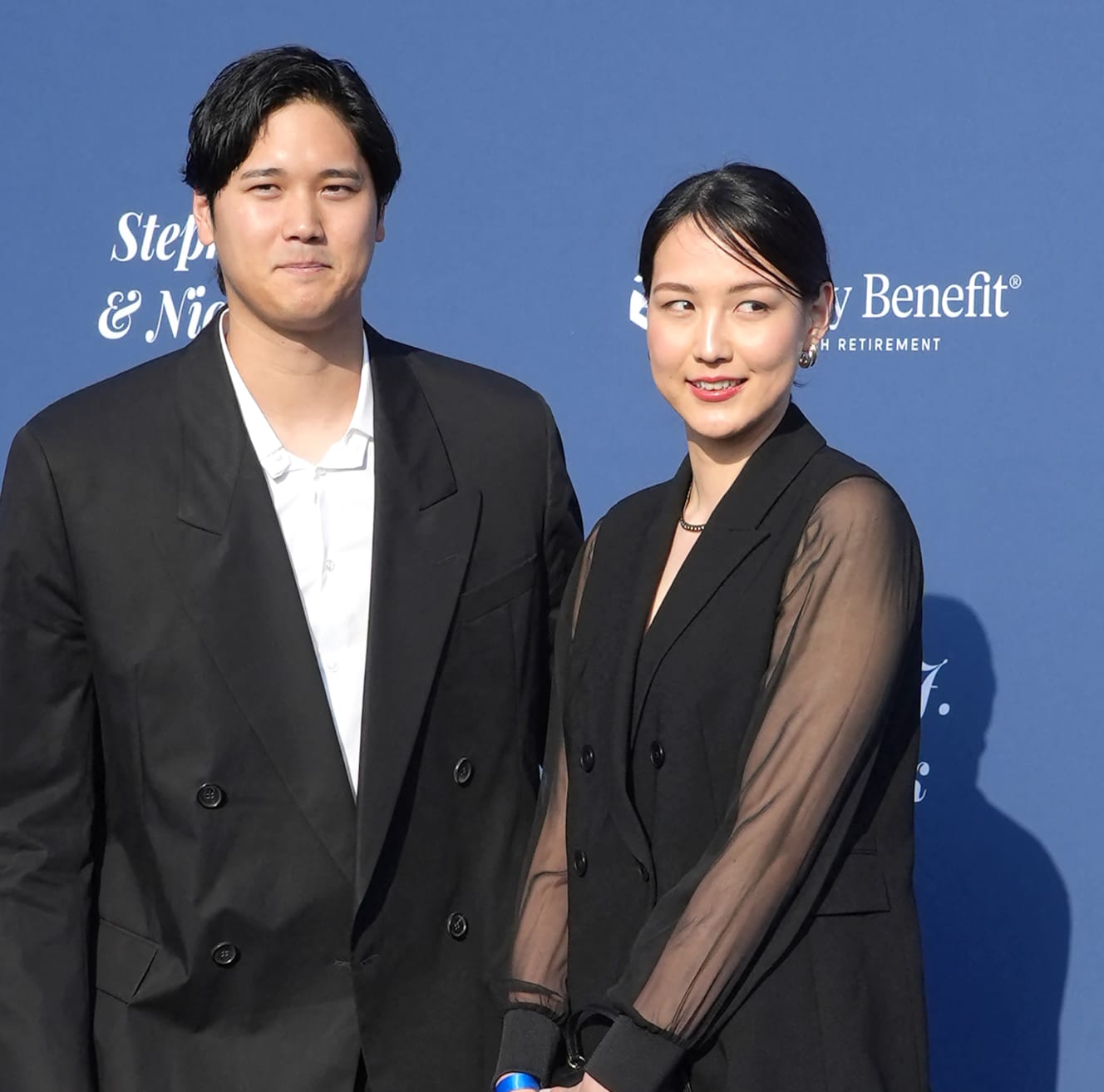
An executive from an advertising agency, Mr. A, who has met with us many times for interviews, seemed unusually excited this time. The reason soon became clear. He handed the reporters a list where at the top was written “Shohei Ohtani, 900 million yen.”
“I’ve been in this job for a long time, but I’ve never seen an amount like this. I think it’s the highest amount in Japanese commercial history,” said Mr. A.
Ohtani, who signed the highest-ever contract in professional sports history with the Dodgers for 10 years and 104 billion yen, also has an extraordinary commercial contract fee.
“The primary factor in determining an athlete’s commercial contract fee is the amount of news coverage. What Japanese people most expect from athletes is ‘performance abroad.’ If they perform well, the media reports extensively, but if they struggle, the news coverage drastically decreases. Golf has fewer broadcasts of international tournaments for both men and women, and winter sports have a short season. On the other hand, baseball has many broadcasts, a large number of games, and a long season. Athletes carry positive images such as ‘refreshing,’ ‘effort,’ ‘challenge,’ and ‘health.’ Elements like ‘valuing family,’ ‘international media praise,’ and ‘providing inspiration,’ which are fostered by daily news, create ‘empathy.’ Considering the massive amount of news reported almost daily about Ohtani, a high commercial contract fee is understandable,” said an advertising analyst.
The following list is a compilation of the latest annual CM contract fees based on exclusive data obtained by FRIDAY, compiled through interviews with advertising agencies and major talent agencies.
The amounts listed are market rates used as the basis for negotiations, and the prices may vary depending on the contract terms.
The Queen Draws Strength from Romantic Scandal
“A keyword that immediately stands out is ‘global.’ And being clean. To achieve high-level performance, there’s no time for scandals. Therefore, the popularity is high across all generations. This also applies to shogi player Sota Fujii (22). On the other hand, in NPB, only Munetaka Murakami (24) is listed. This doesn’t mean that professional baseball’s popularity is declining; stadiums are bustling. In other words, professional baseball has shifted from a ‘national sport’ to a locally-focused sport. In regional areas, you can see TV commercials featuring local team players,” says Kumao Oyama, a writer knowledgeable about the TV industry.
Regarding the Paris Olympics, A-san asserts that winning a gold medal does not necessarily translate to high contract fees.
“Coverage is limited to the duration of the event, which happens once every four years. The news volume is absolutely low, and the advertising effect is poor. However, exceptions exist. If a character and story are widely recognized by the public, they will make news repeatedly over a long period. For instance, the unexpected second-round loss and tears of Uta Abe (24). Her quest for revenge in the next Los Angeles Olympics and her sibling story with Hifumi (26) will surely touch viewers.”
For actors and talents, their equivalent to the news volume of athletes is their entertainment activities. Exposure in movies, stage performances, dramas, etc.—In this regard, Haruka Ayase (39), who has appeared in NHK Taiga dramas twice and hosted the Kohaku Uta Gassen three times, is highly rated.
“The clients are major companies like Coca-Cola Japan and Uniqlo. She is a fitting presence as the CM queen. Despite recent reports of her romance with Jesse (28) from SixTONES, a glamorous love life is acceptable for actresses and might even broaden her acting range. In fact, her contract fee might increase,” says an advertising analyst.
The list features winners of the Japan Academy Prize and Blue Ribbon Awards. According to this analyst, the CM for Kao’s ‘Attack ZERO,’ featuring top-tier talents like Tori Matsuzaka (35) and Masaki Suda (31), is highly regarded within the industry.
“While there has been a trend of casting men in detergent commercials for some time, the strategy of using them as a group under ‘#LoveLaundry’ was brilliant. Moreover, all of them are unique and handsome, which has firmly captured housewives’ hearts. Kao, competing with P&G for market dominance, has concentrated its advertising budget on Attack ZERO. According to last year’s consolidated financial results, the company’s advertising expenses were about 76 billion yen, so the fees paid to these talents are relatively modest.”
The old Johnny’s talents are experiencing a split in fortunes. Since the sexual abuse issues became global news, there has been a trend of contract cancellations and a reluctance to sign new contracts. Respecting the human rights of talents not directly involved in the abuse issue, Kirin Holdings cast Ren Meguro (27) of Snow Man in their ‘Kirin Beer Hare Kaze’ commercial. However, a key network producer says, “Global companies are hesitan
“Sho Hirano (27) is also cast by McDonald’s, but the illustrious Takuya Kimura (51) has zero CM appearances. Old Johnny’s talents are likely to be cast only in domestic commercials as Galapagos talents. Given the international notoriety, appearing in commercials for global clients is tough. The words of the president of Suntory Holdings, who said at a press conference after the scandal that casting them would mean the company acknowledges child abuse, making it a target of international criticism, are likely the real sentiment.”
Last year, Hitoshi Matsumoto (60), who was valued at 100 million yen, is now listed as “beyond measurement.” A commercial broadcaster executive says, “Even if he wins the lawsuit against Bungeishunju, major companies will avoid casting him.”
“Once the details of the sexual abuse were discussed in court, it was game over. He will likely never be cast in TV commercials again.”
Perhaps as a risk hedge, there has been a recent increase in commercials using anime or CGI characters. Only a handful of exceptional talents are able to command high fees.
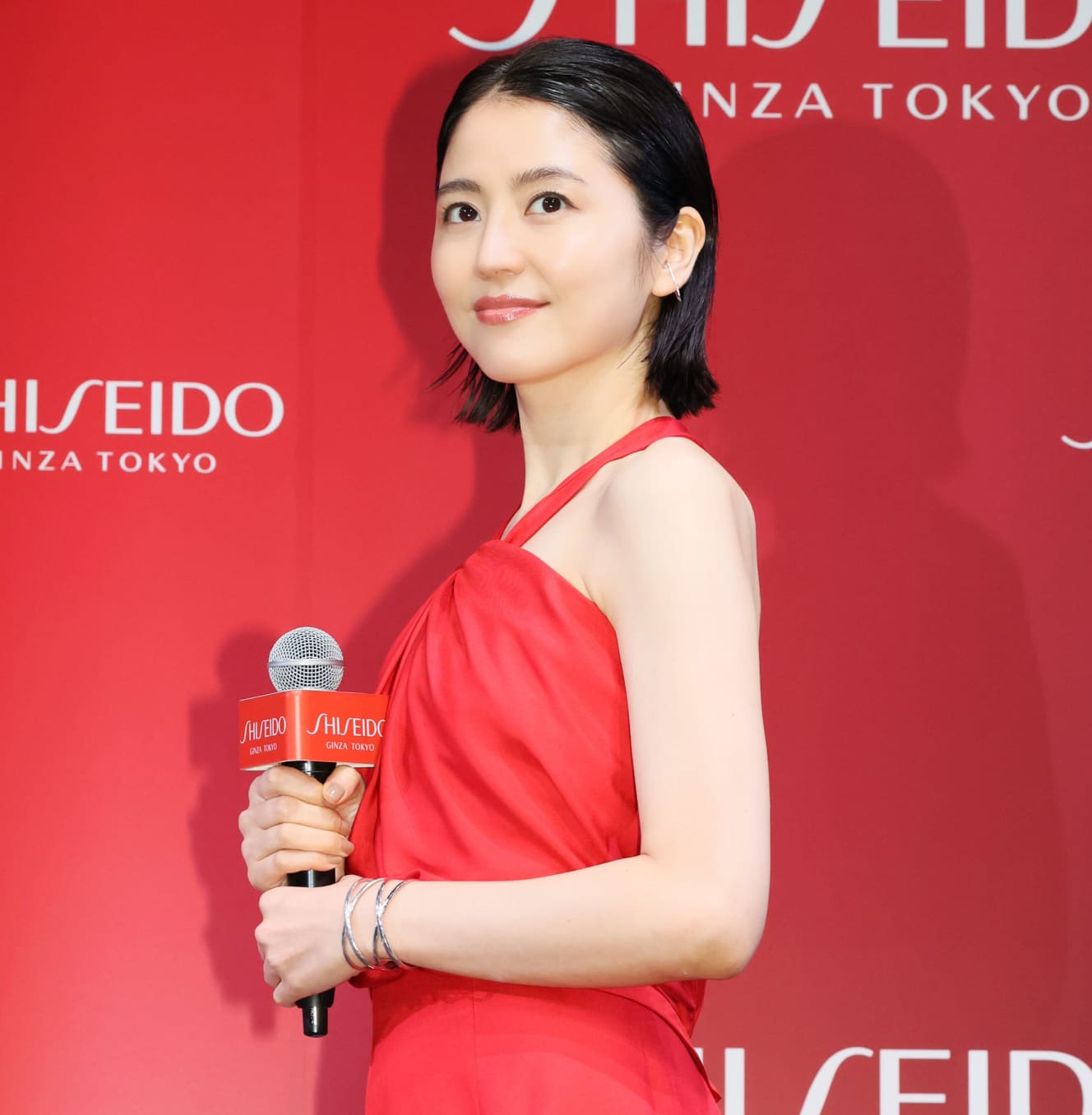
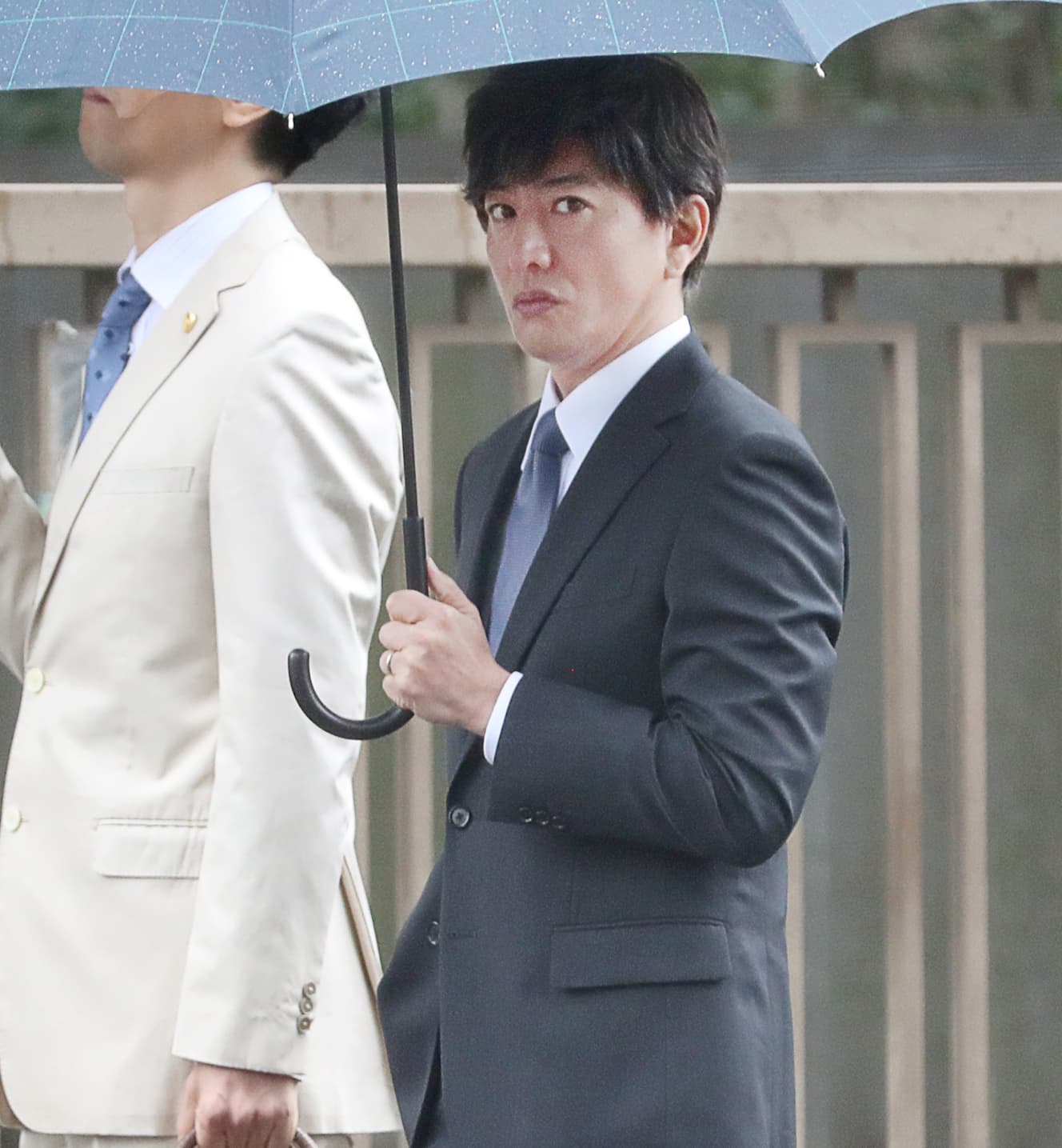
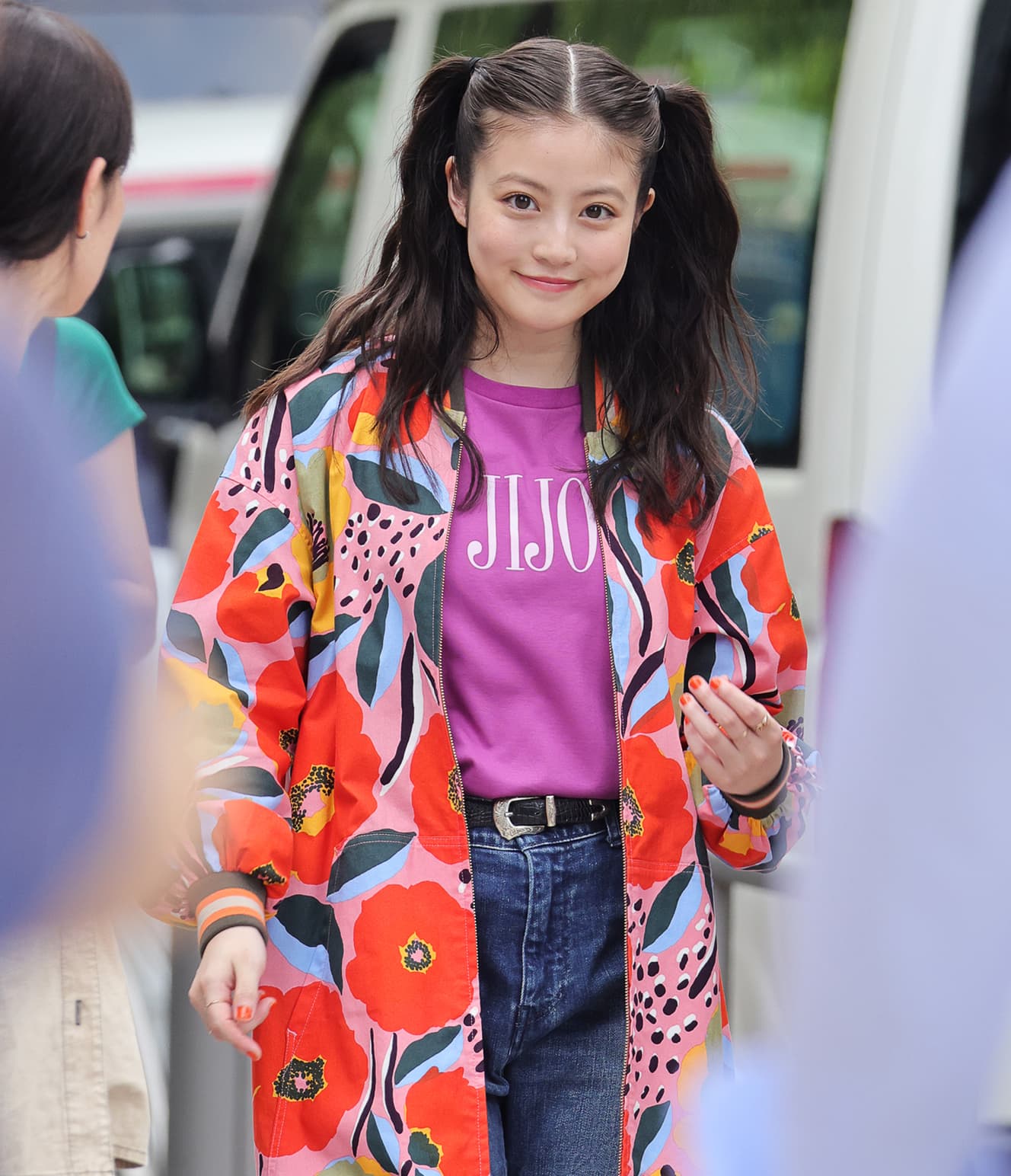
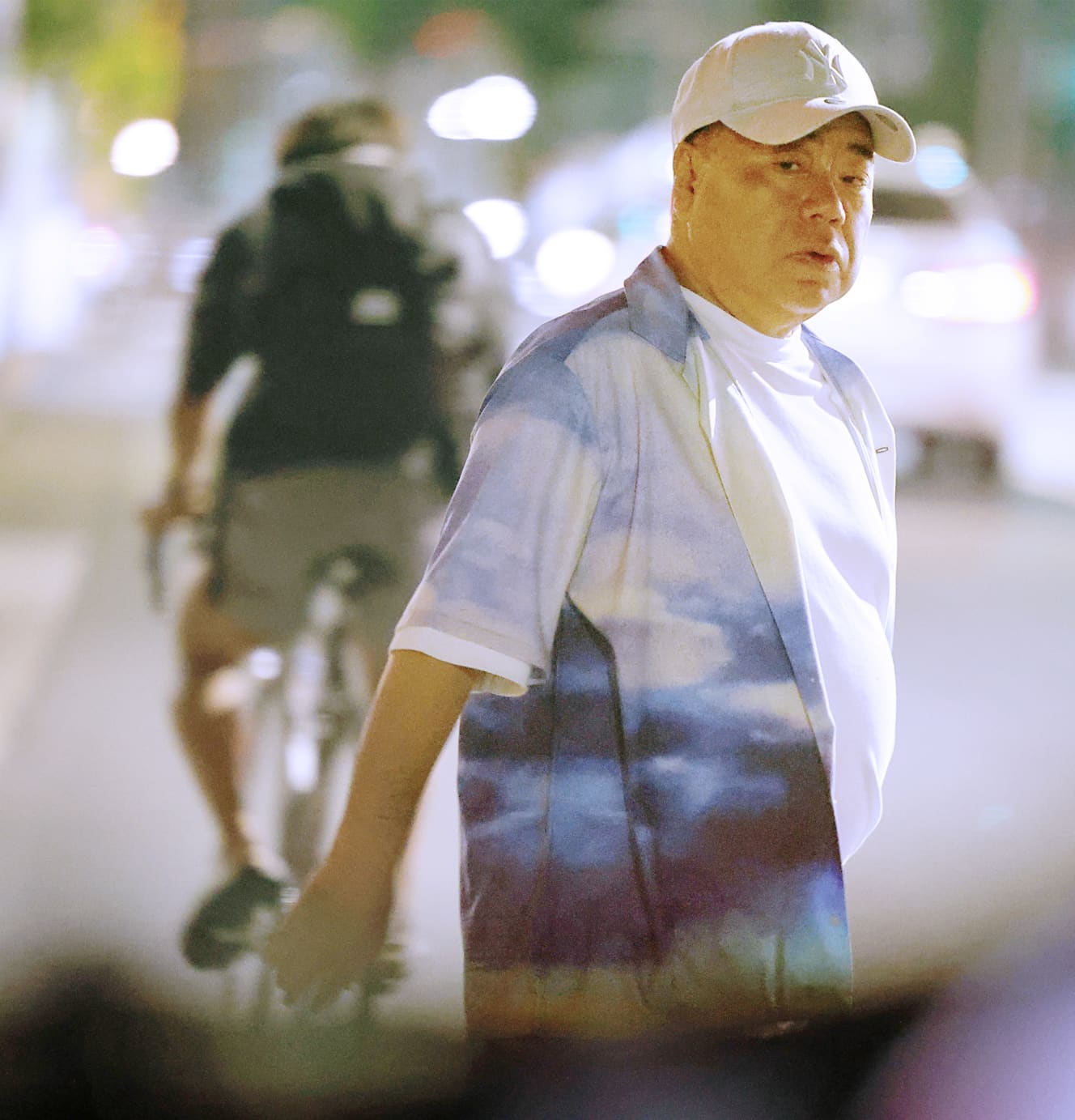
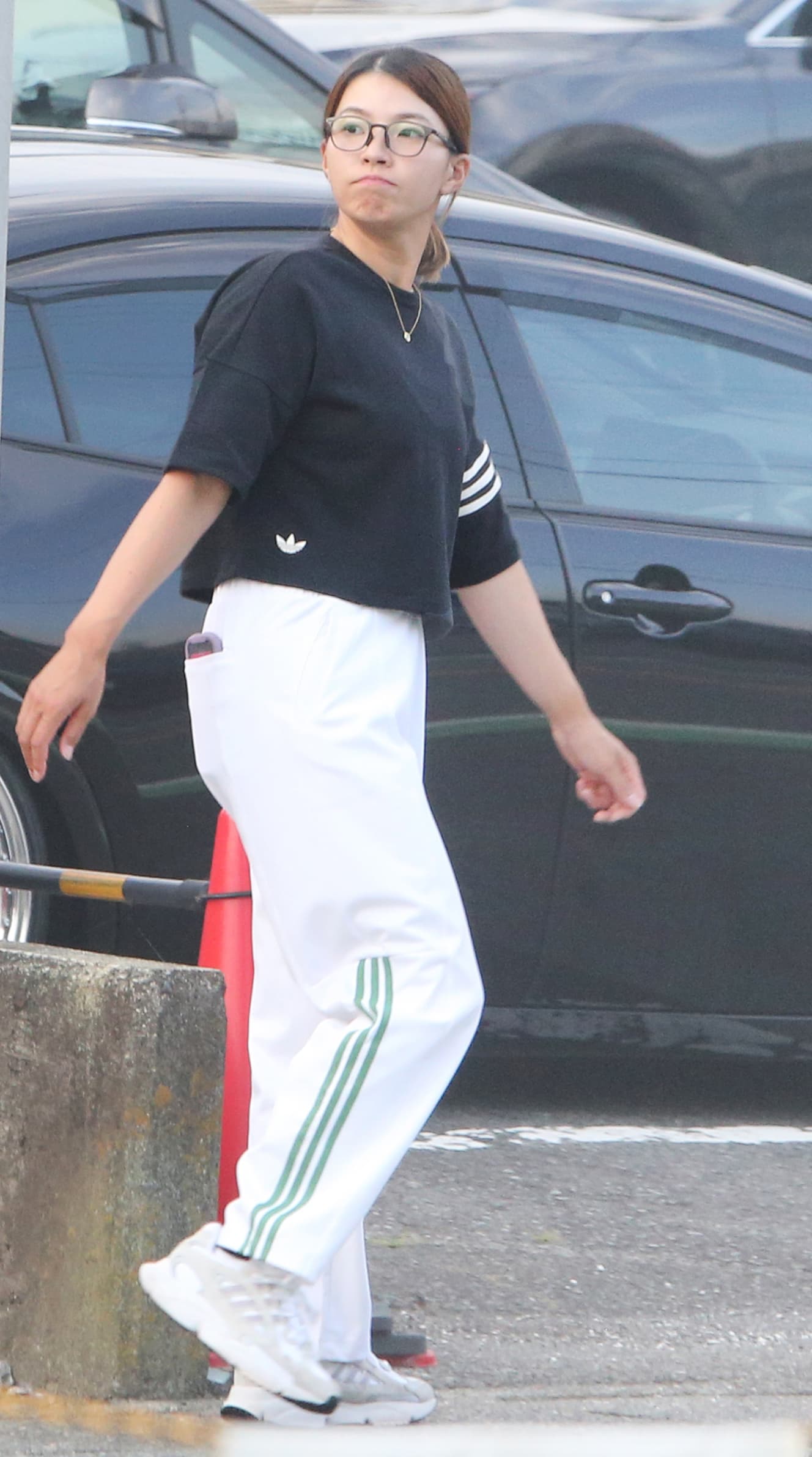
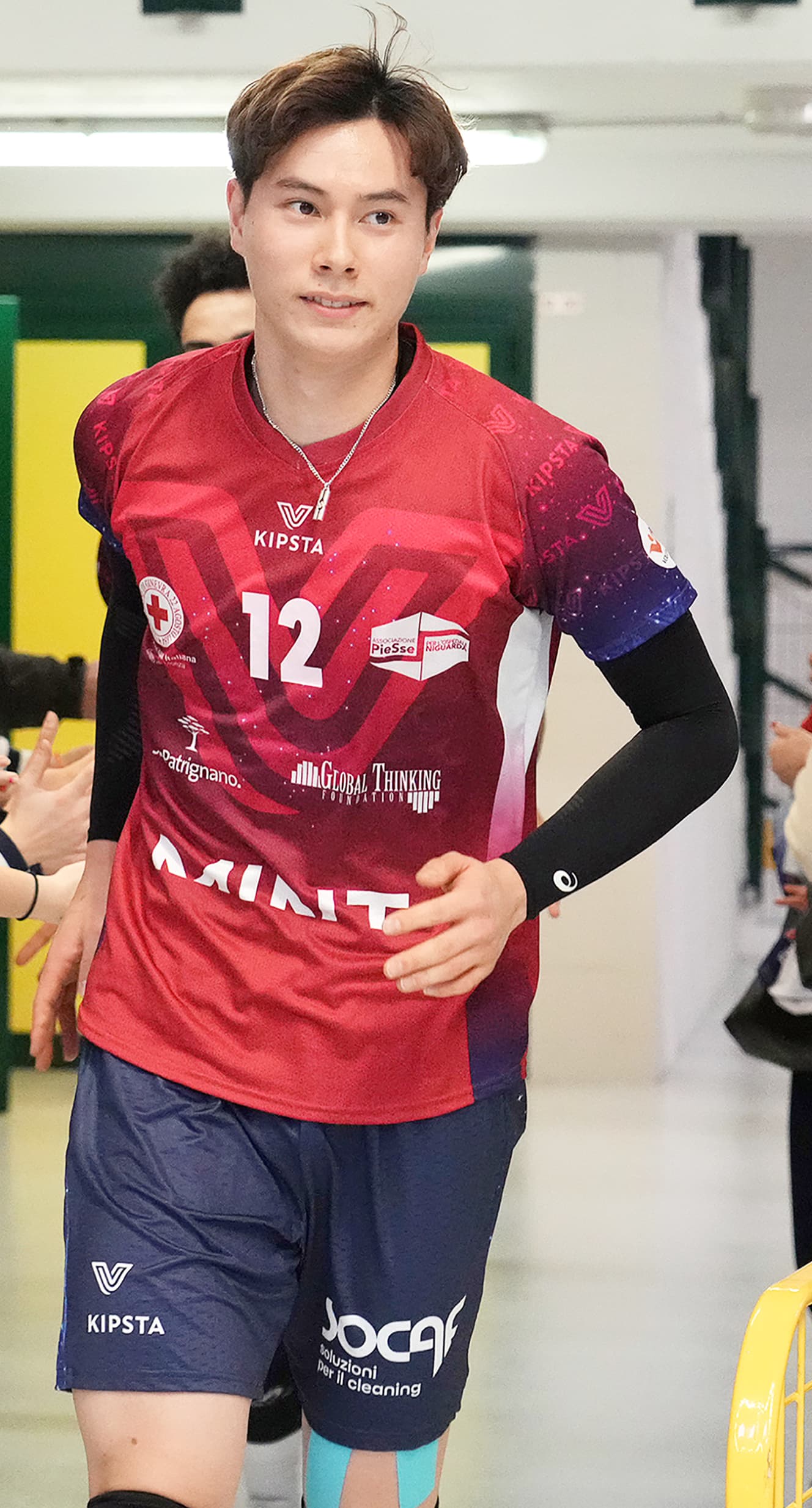
From the August 16, 2024 issue of ‘FRIDAY’.
